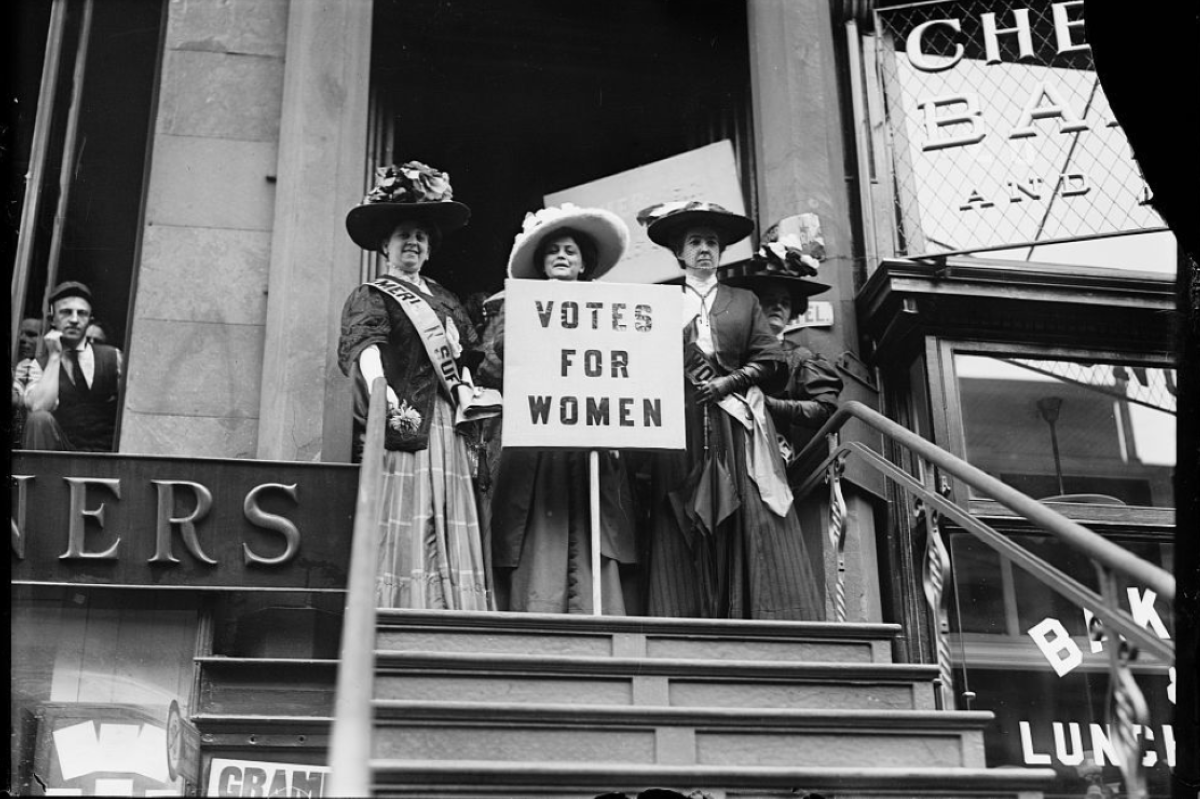AI actor who was denied an IP claim claims that it is” opposed to the spirit of copyright.”
A Colorado-based actor who was denied intellectual property rights for fits he produced using image-generating software powered by artificial intelligence claims his refusal is unfair and has vowed legal action.
Jason Allen, 39, is a sport developer who won the Colorado State Fair last year for his AI-generated piece titled” Space Opera Theatre.” Later, he tried to obtain formal intellectual property rights for his work using the AI program Midjourney, but the U.S. Copyright Office turned him down.
Honor – WINNING AI Artist VOWS UP TO SUPREME COURT APPEALING COPYRIGHT REJECTION
Users of Midjourney, a semipremium program, can submit written” causes” to create distinctive images taken from information packages of billions of pictures scraped from the internet. Allen claims to have paid for the application, which allows him to conceal his causes from the general public.
Before his submission was rejected because the” deposit contained ] ed ] no human authorship ,” Allen told the Washington Examiner that the copyright office” asked for the prompt,” noting that there had been” a back and forth between us and the copious office three or four times.” Allen argues that since” it’s a form of intellectual property ,” he shouldn’t be required to present the quick.
It somewhat contradicts the soul of copyright. Making a comparison to artist who file rights cases over functions that use image editing software, Allen said,” Patent law focuses on the nature of the concept expressed, not the equipment.” Did you inform them that you used Photoshop when you submitted this piece?” People don’t usually require those people. Allen remarked.
A clear legal resolution to this debate is dark and has drew on opposing viewpoints from significant attention types, despite Allen’s assertion that his counsel Tamara Pester believes he is” in the up” and is prepared to argue his case all the way to the Supreme Court if necessary.
Pictures produced by Midjourney resemble other physical creations made in cutting-edge programs like ChatGPT, which enables users to create prompts to produce distinctive text-based responses, and DALL – E, another image-generating program.
In a letter to Lawfare in February, Matt Perault, director of the Center on Technology Policy at the University of North Carolina at Chapel Hill, stated that he doesn’t think the Communications Decency Act’s Section 230 protects the decades produced by ChatGPT. The law that many constitutional scholars cite as the foundation for allowing on platforms to host user conversation without running the risk of legal liability is Section 230.
On the other hand, there is a lot of backing from lawyers who focus on unresolved industrial legal issues who claim that AI generations may be protected under Section 230. AI services like ChatGPT would probably be protected, according to Jess Miers, legal counsel at the Chamber of Progress, citing instances like Section 230, which permits Google’s auto-fill feature for queries.
Allen’s debate is made more confusing by subsequent U.S. Copyright Office posts. The office announced earlier this month that some AI-generated art may be trademarked, but it added that there are some restrictions.
Users do not have complete creative control over how such systems interpret prompts and make material, according to the Office’s awareness of the conceptual AI technologies currently around, the office stated. These causes, however, work more like guidelines for a hired photographer. For instance, a person might require the image generator DALL – E to produce an image that resembles an oil painting by Vincent Van Gogh, but they might not be able to trademark it because it is an appropriate use of the artist’s work.
Although Allen argues that the site Copyright should be the” nature of the idea” when it comes to copyright law. In no way does trademark protection for an original work of composition increase to any understanding, process, process, system … regardless of the form in which it is described, explained, illustrated, or embodied in such work, according to a credit from the U.S. Code that clarifies this issue.
TO READ MORE FROM THE WASHINGTON EXAMINER, CLICK HERE.
After having his previous request denied, Allen is reportedly awaiting a reaction to it.
According to Allen, denying trademark protection based on the tool used may establish a biased precedent and undermine the protection’s intended purpose of protecting the expression of original ideas by mortal authors.
" Conservative News Daily does not always share or support the views and opinions expressed here; they are just those of the writer."





Now loading...